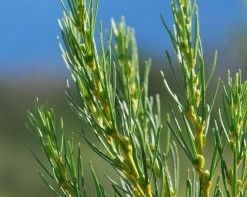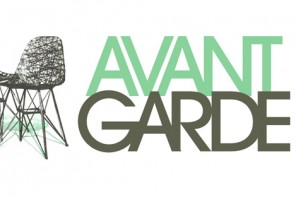PROTEA HOSPITALITY GROUP SWITCHES TO FAIRTRADE COFFEE DURING FAIRTRADE COFFEE WEEK
The Protea Hospitality Group has switched to serving Fairtrade Certified Espresso Coffee in its respective African Pride Hotels and Protea Hotels throughout South Africa. With over 6 million cups of coffee served every year, the switch is excellent news for African coffee communities from where the Group’s coffee is sourced. “The 100% Arabica Fairtrade Coffee in the special Protea Hotels blend originates in Ethiopia, Malawi and Tanzania and supports almost 83 000 small-scale coffee growers”, says Charmaine Hardwick, Protea Hospitality Group’s Group Sales Director.
The announcement was made yesterday, Thursday 25 July 2013, at the Fairtrade Business Brunch themed “The Business Case for Sustainability” which took place at the Protea Hotel Fire & Ice in Melrose Arch, Sandton, Johannesburg. The event was organised by Fairtrade Label South Africa (FLSA) in collaboration with the Protea Hospitality Group, CIRO Coffee, Ogilvy Earth and the Gordon Institute of Business Sciences (GIBS) and was the highlight of this year’s Fairtrade Coffee Week. Fairtrade Coffee Week is a campaign that promotes the growing availability of Fairtrade coffee in South Africa and the growing demand from local consumers and businesses for high quality, fairly traded coffee.
“Fairtrade coffee is fast becoming a trend in South Africa. Last year shoppers bought over 120 tons of Fairtrade coffee (17 million cups) with an estimated value of R30 million, a 167% increase from 2011. Fairtrade coffee touches the lives of over 580 000 small-scale coffee farmers certified across 28 countries, 60% of whom live in Africa,” says Arianna Baldo, Business Manager at Fairtrade Label South Africa. “In South Africa we enjoy high quality Fairtrade coffee, 85% of which is organic and 87% is sourced in Africa. On behalf of those small-scale farmers, we congratulate the Protea Hospitality Group for being the first local hotel chain choosing Fairtrade and for making Africa more equal and sustainable.”











